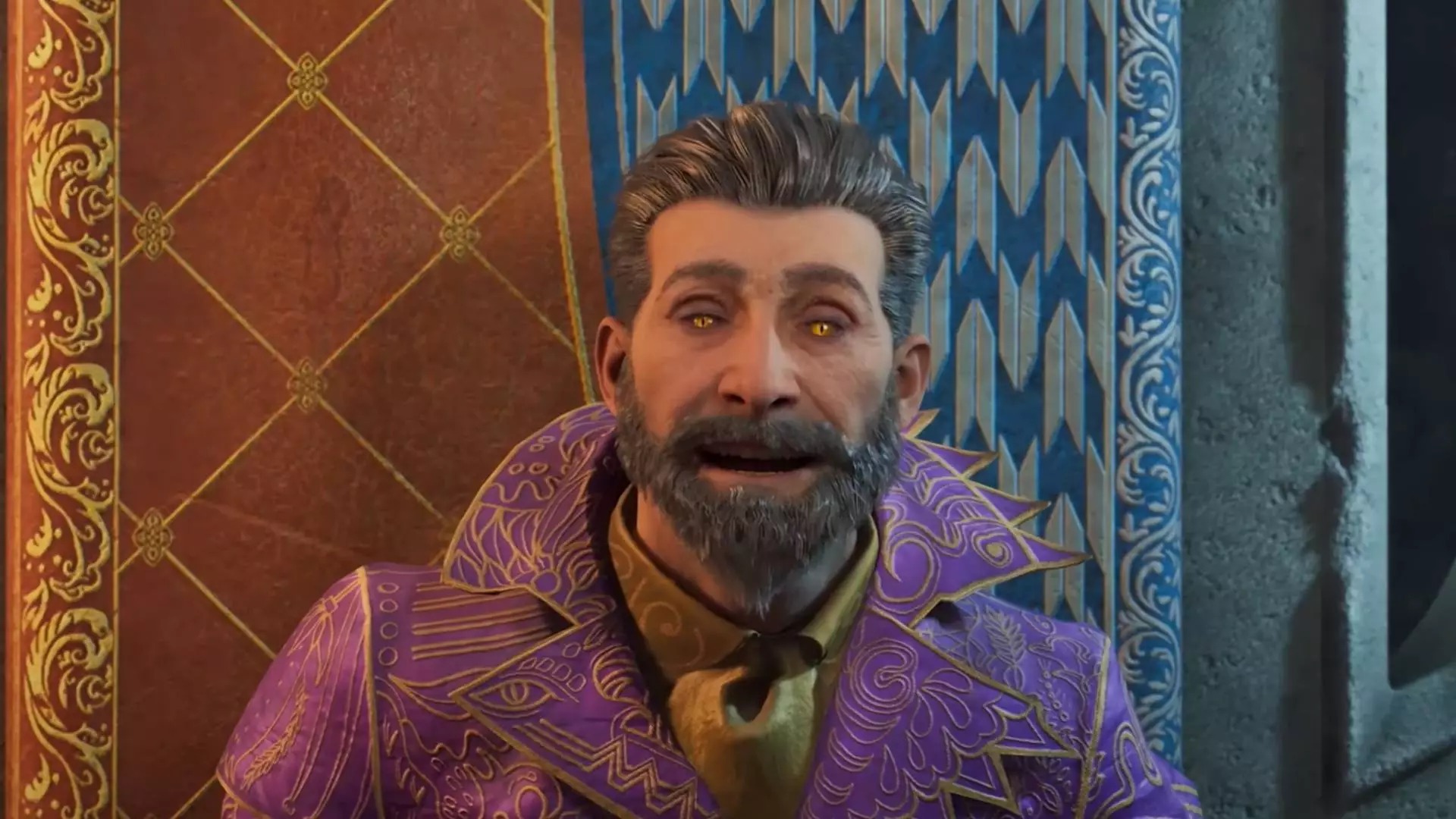The gaming community has recently witnessed a remarkable resurgence of interest in classic titles, and *Oblivion Remastered* exemplifies this phenomenon beautifully. As the remastered version of a game originally released in 2006, it has shocked industry analysts by rapidly ascending to become the third best-selling game of 2025 within just its initial week on the market. This impressive feat speaks volumes not only about the product itself but also about the enduring legacy of the *Elder Scrolls* series.
According to gaming analyst Mat Piscatella, *Oblivion Remastered’s* financial success can be quantified through its dollar sales, indicating that gamers are not only picking it up for nostalgia but are willing to invest in its updated experience. This rapid climb up the sales chart, alongside heavyweights like *Monster Hunter: Wilds* and *Assassin’s Creed Shadows*, underlines the emotional and historical weight that the *Elder Scrolls* franchise carries in contemporary gaming culture.
Nostalgia Meets Quality in Game Design
One cannot underestimate the significance of merging nostalgia with high-quality game design. When *Oblivion Remastered* hit the shelves, it wasn’t just a simple facelift of an old favorite; it reintroduced players to its expansive open-world experience while upgrading its graphics and mechanics for modern consoles. The excitement around this remaster exemplifies how gamers are eager to revisit worlds that shaped their gaming preferences years ago.
Furthermore, the demand dynamics observed across platforms reveal a deeper story. Its top ranking on Steam US and notable placements on Xbox and PlayStation indicate the remaster appeals to a diverse audience. Notably, the deconstruction of gameplay timelines—evident by *Oblivion* surpassing brand-new releases—reinforces that quality and familiarity resonate powerfully with gamers. In a time when the industry is saturated with new titles, this reveals a fascinating truth: quality reigns supreme.
A Cultural Phenomenon
The popularity of *Oblivion Remastered* serves not only as a testament to the original’s charm but also to the state of modern gaming culture. In a landscape dominated by constant innovation, the success of a remastered title underscores the yearning for familiarity and refinement among players. When a remaster can rival or even surpass new releases, it challenges developers to reassess the balance between innovation and tradition.
Moreover, it’s crucial to address that this phenomenon isn’t solely about sales figures; it embodies a larger cultural narrative. When fans rally around the remaster of a title released nearly two decades ago, it indicates a wider appreciation for history in gaming—a fondness for the roots of the medium that newcomers often overlook. This also prompts dialogues about game preservation and the need to honor gaming’s past while aspiring for an inclusive future.
*Oblivion Remastered* not only reaffirms the quality expected from the *Elder Scrolls* brand but strongly challenges modern gaming paradigms. The seasoned familiarity it embodies serves as a reminder that while the industry constantly evolves, the appeal of well-crafted narratives and immersive worlds can transcend time itself.

